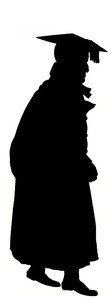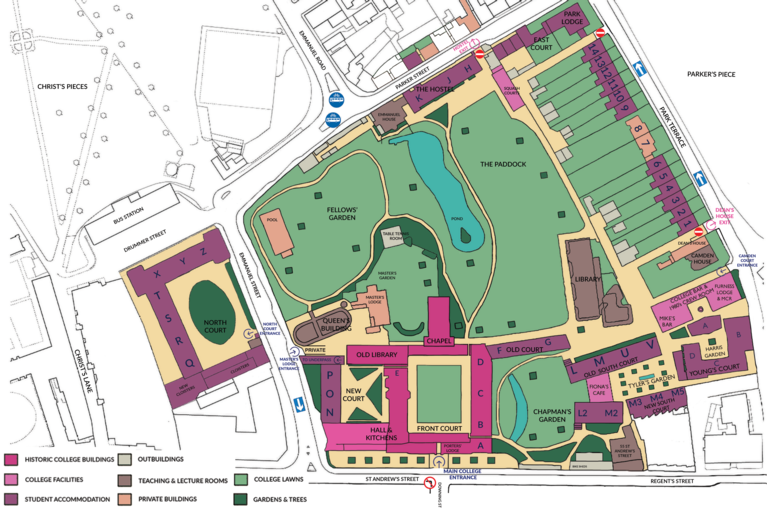Robert Towerson Cory (1759-1835)

Those who play bowls in the Fellows' Garden at Emmanuel will know that one pair of woods bear the initials R.T.C. They belonged to Robert Towerson Cory, most of whose life was spent at Emmanuel, and all of it in Cambridge.
Educated at the Perse School, he came to the College in 1776, as a sizar; he was fifth wrangler in 1780, was ordained in 1781, and elected a Fellow in 1782. On the death of Richard Farmer he was chosen as Master, and held the office till his death some thirty-eight years later. He was twice Vice-chancellor, in 1797-8 and 1813-14; and he was Knightbridge Professor of Moral Philosophy from 1809 to 1813.
He married soon after becoming Master, and his three sons in due course were educated at Emmanuel. It was a quiet life, a sheltered and uneventful life. His virtues, as his epitaph outside the Chapel tells us, were solid rather than showy - diligence, loyalty, piety, affection for his wife and children, harmony with the Fellows. None, we are told in the same inscription, left Emmanuel with any but pleasant memories of the Master. John Barber Scott, who came up as a fellow-commoner in 1810, found him 'timid, unused to the world, troublesomely [and] doubtfully conscientious, but very kindly disposed'.
Yet Cory's Mastership was not wholly uneventful for the College. A disastrous fire gutted the Westmorland Building in October 1811, but with willing subscriptions from old members it was pretty soon rebuilt; and in 1824 the College actually added to its accommodation with the building of New Court, the pseudo-gothic of which was a few years later continued round into St Andrew's Street in a re-facing of the kitchen block.
In Richard Farmer's time, Emmanuel had become the fashionable college, and for the first two decades of the nineteenth century it continued 'gay, gentlemanly, and classical', a home for fellow-commoners who spent their time hunting, brawling with the townsmen, and dancing at county balls. To take honours at all was reckoned pretty good for a fellow-commoner of Emmanuel.
The latter part of Cory's Mastership, however, did see some improvement, both in the growing number of admissions, and in a policy of raising the intellectual standards required for election to Fellowships. Some of the credit, at least, must belong to the timid unworldly Master depicted in the silhouette.

